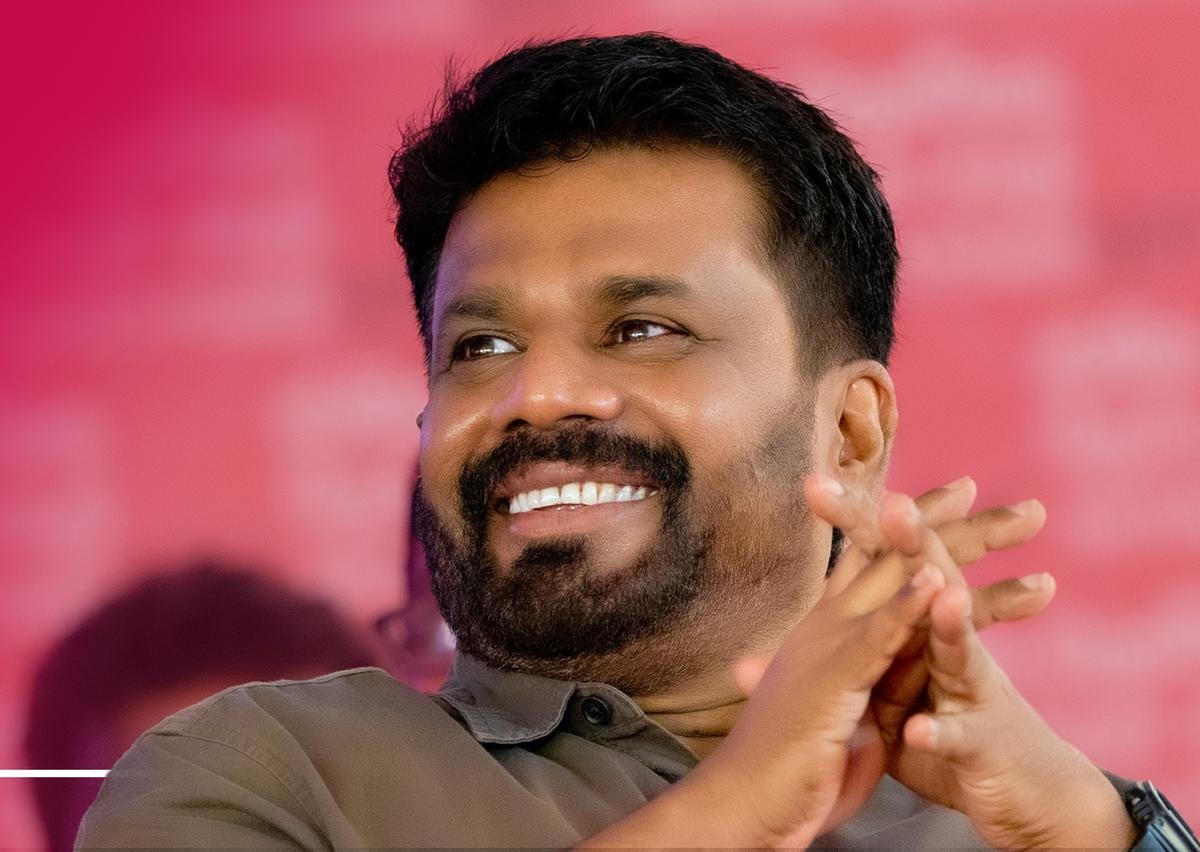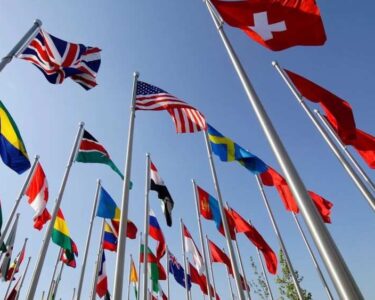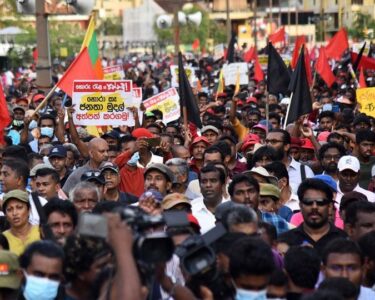Lawyer Mass Yusuf presents a compelling analysis of how Anura Kumara Dissanayake (AKD) is challenging Sri Lanka’s entrenched political elite as the Presidential election draws near.
In his view, the election has revealed a startling hypocrisy among political figures, with those who once condemned corruption, lawlessness, and racism now aligning with the very individuals they once criticized. Yusuf notes that this shift is not merely a matter of political strategy but a deeper reflection of the moral compromises within the ruling class, particularly symbolized by Ranil Wickremesinghe, who seems to embody both his own persona and that of the Rajapaksas.
Yusuf argues that Anura’s candidacy represents a direct and significant threat to the established political order, which has long been dominated by a wealthy and powerful minority. This elite group has maintained a disproportionate control over the working class and the impoverished, a control that Anura is now actively challenging. Yusuf points out that Anura’s humble beginnings as a former train hawker stand in stark contrast to the privileged lives of the political aristocracy, making his rise all the more remarkable and threatening to the status quo.
The elite’s growing anxiety, which Yusuf describes as a “primordial fear,” is rooted in Anura’s ability to connect with the masses through his advocacy for good governance, transparency, and accountability. Yusuf emphasizes that Anura has effectively dismantled the long-held belief that the country must be ruled by an elite class. Instead, Anura offers a vision of governance that is free from corruption, nepotism, and the abuse of power. His call for a clear separation between politics and religion, coupled with his focus on addressing both macro and microeconomic challenges, has only increased his appeal to the electorate.
According to Yusuf, the prospect of Anura’s success in the Presidential race has triggered deep fears among the elite. They are particularly concerned about losing the impunity they have long enjoyed and facing potential legal consequences for their past actions. Yusuf concludes that Anura’s campaign not only challenges the existing political order but also exposes the deceptive practices and moral failings of those who have long held power in Sri Lanka







